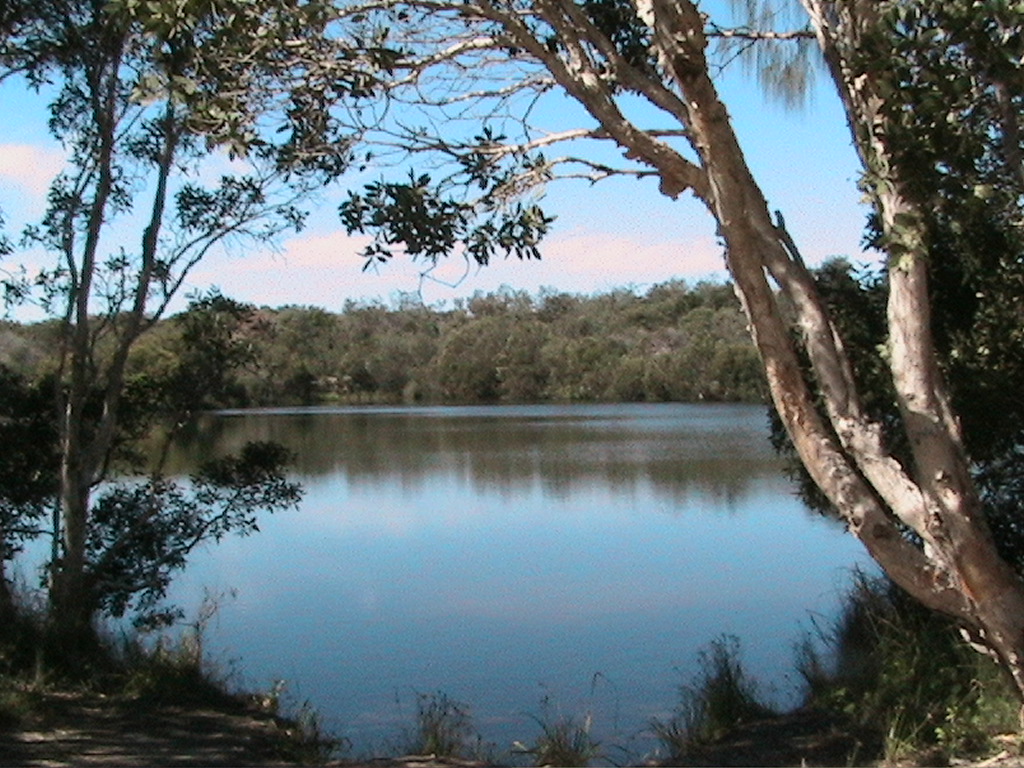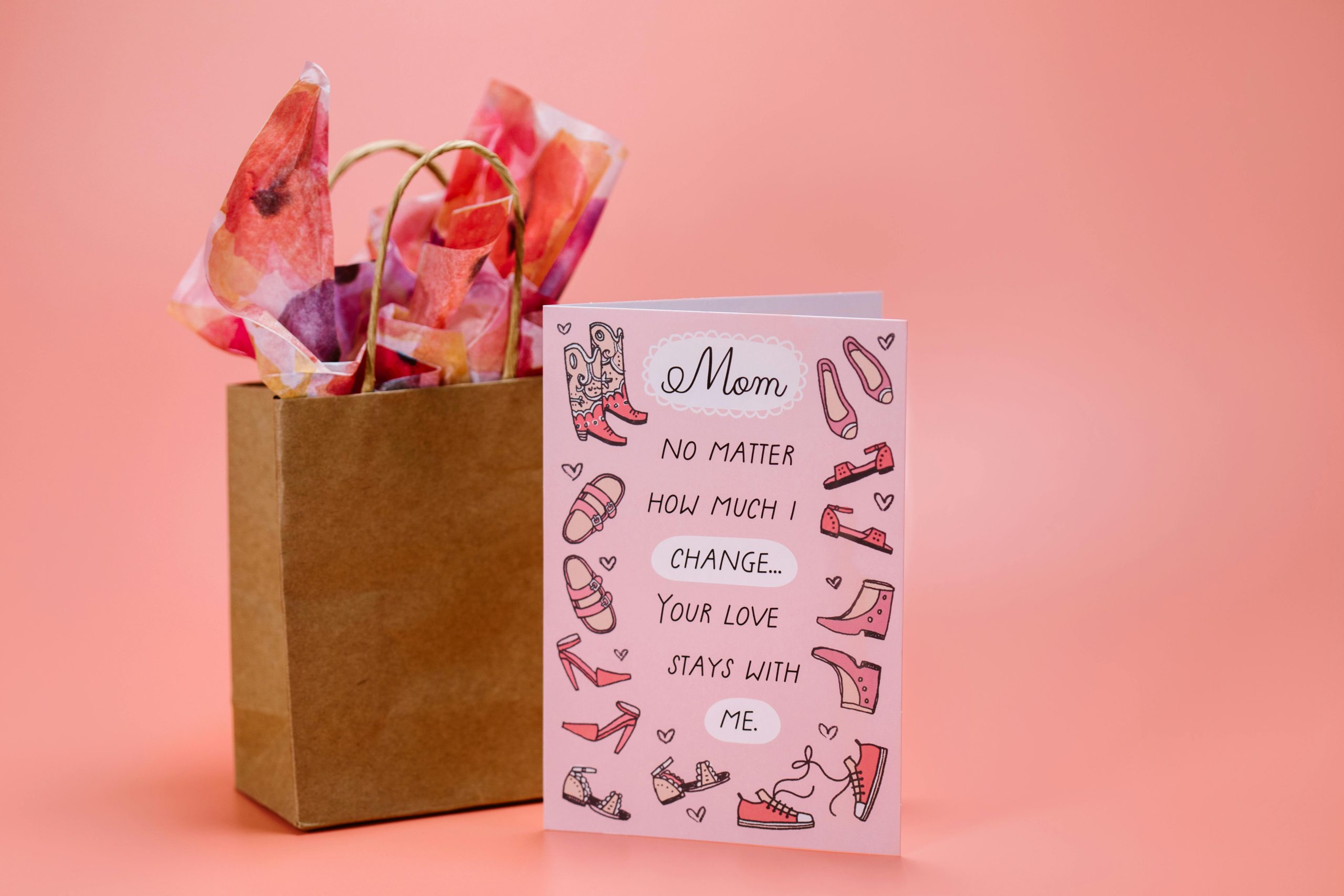What does freelance or self-employment really entail?
I hope I’m posting in the right subreddit; the Aus legal and finance ones feel very niche.
I’m 22, autistic, and living with a physical disability that keeps me in bed most of the day. Given that life’s expenses are mounting, I’m eager to find work. I previously worked at Coles but had to leave when managing my physical condition became too challenging.
Being on the autism spectrum means I experience anxiety when trying new things, but I’m about to complete an advanced diploma in interior design. I’m skilled in drawing and typing, and I’m considering what selling commissions might realistically look like for me.
I’m particularly interested in the furry market since I’m comfortable creating NSFW art. I’m also thinking of setting up an Instagram page to showcase general art and pop culture references.
I have questions about the financial aspects, especially concerning taxes. How do I handle tax obligations? If I only sell one drawing for $50 in a given month, do I still need to think about taxes? I can’t draw every day due to wrist inflammation, so can I take breaks and let my business remain inactive if I don’t feel like taking commissions? Can this be a side hustle to cover expenses like medication? And how do taxes work for a money-earning hobby?
In terms of payment, how do people typically pay me? What platforms are suitable for receiving income from social media sales?
Legally, what do I need to apply for, like an ABN or other licenses? What essentials should I have in place for self-employment?
I’m curious about what a typical day looks like for an artist working in this capacity. What does part-time work look like? Does it still feel like a hobby, or does it become a chore over time?
I’m asking in an Australian subreddit because I know the regulations differ from other countries.
While people suggest I try this as a hobby to see if I enjoy it, I’m really eager to understand if the business side is something I can handle before diving in. Ultimately, I just want to focus on drawing without the added stress.




It sounds like you’re exploring some exciting and practical avenues for using your artistic talents while managing your unique circumstances. Let’s break this down:
Freelance Work and Commissions
What Selling Commissions Looks Like: Selling commissions generally involves creating custom artwork for clients in exchange for payment. For the furry and NSFW art markets, there’s a strong community online, particularly on platforms like Twitter, FurAffinity, or Discord. Once you set up your social media presence, you can showcase your work, take commission requests, and engage with potential clients.
Managing the Financial Side
You don’t necessarily need to worry too much about tax until you start making significant income, but it’s good practice to keep track of your earnings and expenses (like art supplies and promotional costs).
ABN and Licensing:
To sell services in Australia, you may consider applying for an ABN (Australian Business Number). It’s free and relatively straightforward, and it helps establish you as a legitimate business. An ABN is not strictly necessary for casual freelancing, but it can be beneficial.
How to Get Paid:
Flexibility and Hobbies
Part-Time and Flexibility: Freelancing can be as flexible as you need it to be. If you have days where you can’t create due to physical limitations, you can simply pause taking commissions without any formal obligations. This flexibility allows you to treat your art as both a hobby and a potential source of income.
Hobby vs. Business: Many artists start with a hobby and gradually transition to a business model. Keeping things fun initially may prevent burnout, but be prepared for the business aspects to feel more significant as you grow.
Daily Life
A typical day might include:
– Creating Art: Depending on your energy levels, you might spend several hours creating. You could establish a routine where you focus on your art during times when your physical state allows you to.
– Social Media Engagement: Take time to post your work, engage with followers, and respond to commission inquiries.
– Admin Tasks: You may need to set aside time for financial tracking, emails, and updates on your platforms.
Considerations
Ultimately, freelancing can offer both creative expression and financial relief, but it’s crucial to find a balance that suits your personal needs. Start slowly, and see how it feels before diving deeper into the business side. Good luck!